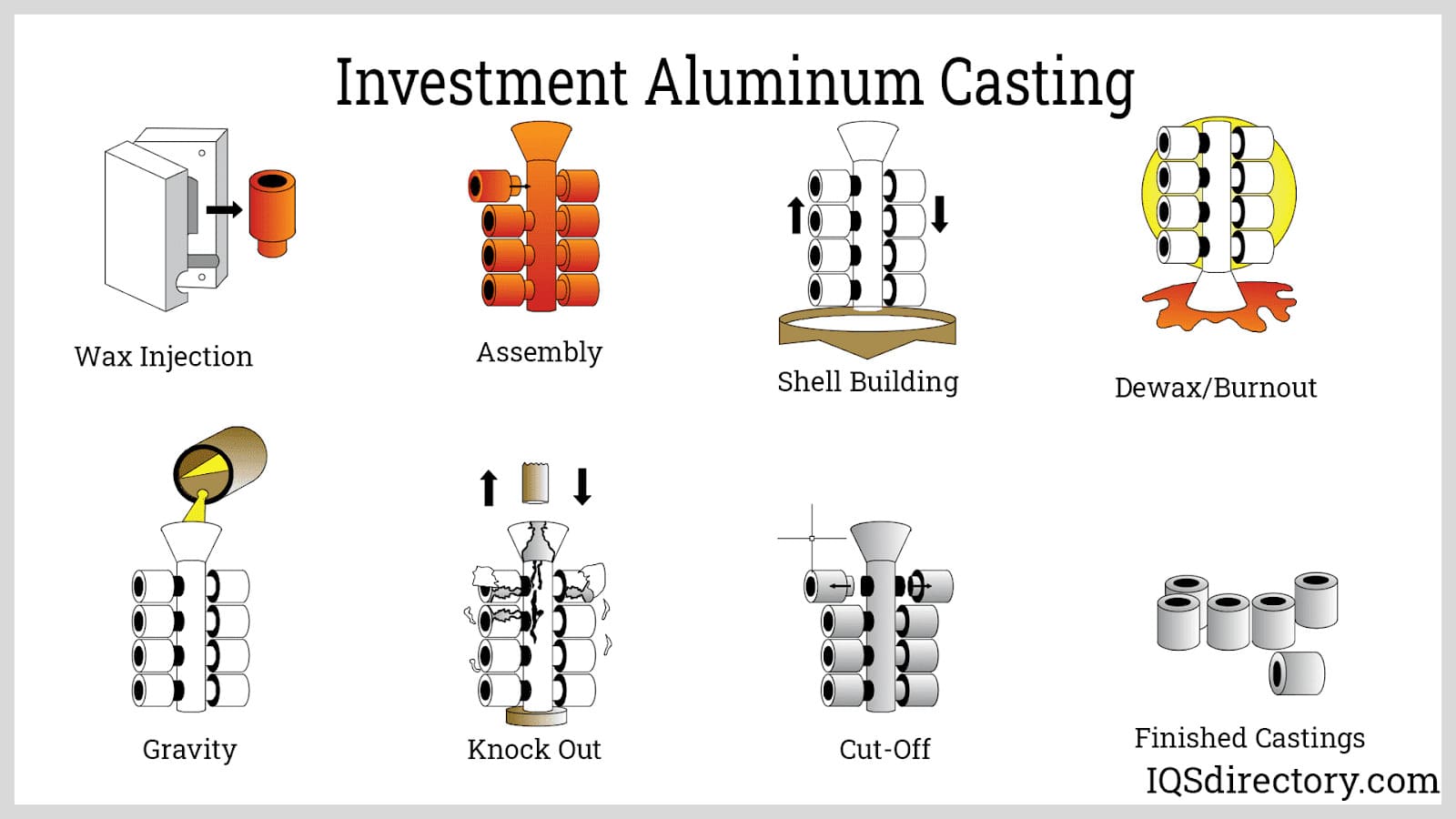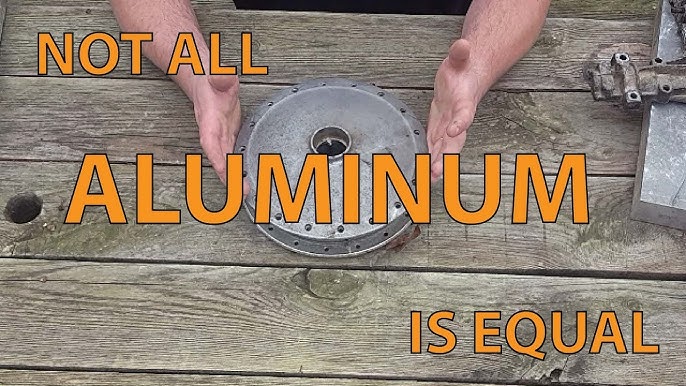Getting The Stahl Specialty Company To Work
Getting The Stahl Specialty Company To Work
Blog Article
Our Stahl Specialty Company Statements
Table of ContentsAbout Stahl Specialty CompanyThe Best Guide To Stahl Specialty CompanyStahl Specialty Company Can Be Fun For AnyoneAll about Stahl Specialty Company6 Simple Techniques For Stahl Specialty CompanyStahl Specialty Company for Dummies

If you're creating a metal product, you have actually likely taken into consideration using light weight aluminum as the base material. It has a high strength-to-weight ratio, excellent corrosion resistance, good formability, and aesthetic charm. These factors have brought about its enhanced appeal in the last few years. Pure light weight aluminum has actually limited applications, so it is typically integrated with various other aspects, such as silicon, magnesium, and manganese to create alloys.
(AA), based in North America, has created specifications that regulate aluminum alloys' composition, properties, and nomenclature. There are 2 types of light weight aluminum alloys functioned and cast.
Little Known Questions About Stahl Specialty Company.
Cast light weight aluminum alloys are made by melting pure light weight aluminum and combining it with other steels while in liquid kind. The mix is put into a sand, die, or investment mold and mildew.

160.0 represents a cast with a minimum of 99.60% light weight aluminum. The 4th number, which follows the decimal point, defines if the alloy is a casting (xxx. 0) or an ingot (xxx. 1). Wrought light weight aluminum alloys likewise start by combining molten light weight aluminum with various other steels. In contrast to cast alloys, nonetheless, they are formed into their last shape through processes such as extrusion, rolling, and flexing after the steel has strengthened right into billets or ingots.
There are several minor distinctions between functioned and cast aluminum alloys, such as that cast alloys can contain extra substantial quantities of various other metals than functioned alloys. The most remarkable distinction in between these alloys is the construction process via which they will go to provide the last product. In addition to some surface therapies, cast alloys will certainly leave their mold and mildew in almost the specific solid kind desired, whereas functioned alloys will certainly undergo a number of adjustments while in their solid state.
If you think that a wrought alloy may be the ideal for your project, have a look at several of our short articles that clarify more about specific wrought alloys, such as Alloy 6061 and Alloy 6063. On the various other hand, if you believe a cast alloy would be better for you, you can discover more concerning some actors alloys in our Alloy 380 and Alloy 383 posts (coming soon).
Getting The Stahl Specialty Company To Work
When choosing an aluminum shop for your manufacturing demands, it's critical to examine a number of variables. Among one of the most vital aspects to take into consideration is the experience and competence of the factory. Aluminum Castings. Selecting a foundry that has the ideal knowledge of the aluminum spreading process, and the profile to reveal for it, helps to have a successful result for your job
Having the experience and market understanding to engineer your castings for ideal manufacturing and quality results will simplify the project. Making aluminum spreading requires a facility collection of processes to attain the his explanation best results. When picking a brand-new aluminum factory to partner with, guarantee they have considerable sector experience and are experienced about all facets of the aluminum spreading procedure: style, manufacturing, product analysis, and product testing.
The factory needs to likewise have a proven track record of providing remarkable products that fulfill or go beyond consumer assumptions. Quality control should also go to the top of your checklist when choosing a light weight aluminum factory. By dealing with a certified foundry that complies with the standards for high quality control, you can secure the integrity of your item and ensure it meets your requirements.
By picking a business who provides solutions that fulfill or exceed your product demands, you can be certain that your job will be completed with the utmost accuracy and performance. Different parts require various production strategies to cast aluminum, such as sand casting or pass away spreading.
Stahl Specialty Company Fundamentals Explained
Die casting is the name offered to the procedure of developing complicated metal elements through use molds of the part, also known as passes away. The process makes use of non-ferrous steels which do not contain iron, such as light weight aluminum, zinc and magnesium, as a result of the desirable residential or commercial properties of the steels such as reduced weight, higher conductivity, non-magnetic conductivity and resistance to corrosion.
Die spreading production is quickly, making high manufacturing degrees of parts easy. It produces more elements than any kind of various other procedure, with a high level of precision and repeatability. To read more concerning die spreading and die casting materials utilized while doing so, read on. There are three sub-processes that fall under the group of die spreading: gravity pass away casting (or irreversible mold spreading), low-pressure die spreading and high-pressure die spreading.
After the purity of the alloy is checked, dies are produced. To prepare the dies for spreading, it is important that the passes away are clean, so that no deposit from previous manufacturings continue to be.
Examine This Report about Stahl Specialty Company
The pure steel, also called ingot, is contributed to the furnace and kept at the molten temperature of the metal, which is after that transferred to the shot chamber and infused right into the die. The pressure is then preserved as the metal strengthens. Once the steel strengthens, the cooling process starts.
(https://www.abnewswire.com/companyname/stahlspecialty.com_153717.html#detail-tab)
The thicker the wall surface of the component, the longer the cooling time as a result of the quantity of interior metal that likewise needs to cool. After the component is completely cooled, the die halves open and an ejection system presses the element out. Following the ejection, the die is closed for the next shot cycle.
The flash is the extra material that is cast during the process. Deburring gets rid of the smaller sized pieces, called burrs, after the cutting procedure.
Examine This Report on Stahl Specialty Company

Zinc is one of one of the most secondhand alloys for die spreading as a result of its reduced expense of resources. It's likewise one of the stronger and secure steels. Plus, it has excellent electrical and thermal conductivity. Its corrosion resistance also permits the parts to be durable, and it is just one of the more castable alloys because of its reduced melting factor - Aluminum Castings.
As pointed out, this alloy is among the most generally utilized, yet manufactures will, sometimes, select light weight aluminum over zinc as a result of aluminum's production advantages. Light weight aluminum is highly economical and among the much more versatile alloys. Aluminum is used for a variety of different items and markets anything from window frames to aerospace products.
Report this page